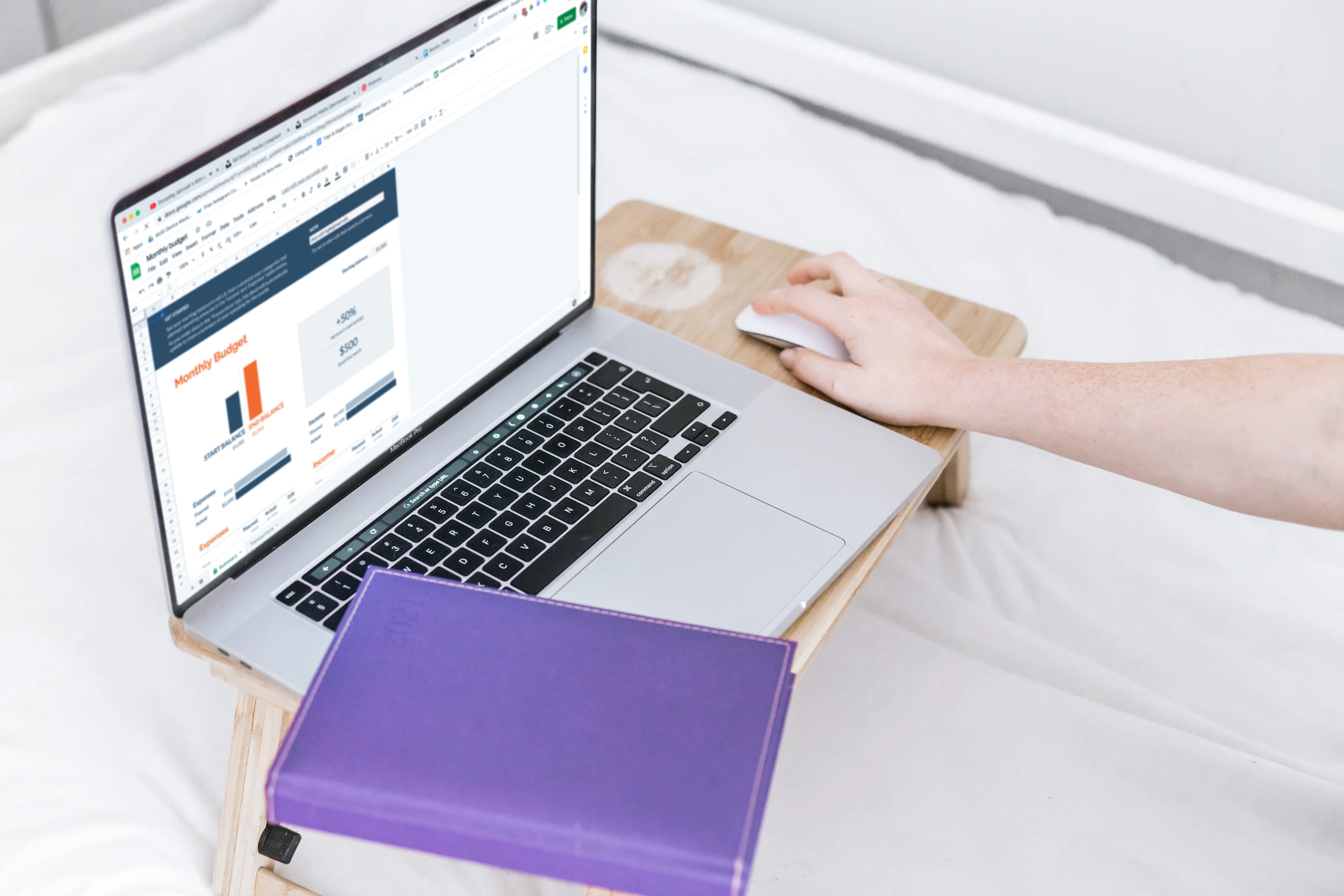What is Zero-Based Budgeting?
Zero-based budgeting is a budgeting method that involves starting from scratch and assigning a purpose for every dollar of your income. Unlike traditional budgeting methods, which simply track your spending, zero-based budgeting forces you to think about every expense and make deliberate decisions about how you want to allocate your money. In this blog post, we’ll explore what zero-based budgeting is, how it works, and the benefits it offers.
How Does Zero-Based Budgeting Work?
Zero-based budgeting works by starting with your income and subtracting all of your expenses, including fixed expenses (such as rent or mortgage payments) and variable expenses (such as groceries and entertainment). The goal is to allocate every dollar of your income to a specific category or expense, so that you have a clear understanding of where your money is going and can make informed decisions about your spending.
Benefits of Zero-Based Budgeting
Zero-based budgeting offers several benefits, including:
- Increased Awareness of Spending: By allocating every dollar of your income, you’ll have a better understanding of where your money is going and can make informed decisions about your spending.
- Improved Financial Control: By setting a budget for each category, you’ll be able to control your expenses and avoid over spending in one area.
- Better Savings: By allocating a portion of your income to savings, you’ll be able to build an emergency fund and work towards your financial goals.
- Increased Flexibility: Zero-based budgeting allows you to adjust your budget as needed, so you can accommodate changes in your income or expenses.
- More Focused Spending: By giving every dollar a purpose, you’ll be able to focus your spending on the things that matter most to you, rather than letting your money slip away on unnecessary expenses.
How to Create a Zero-Based Budget
Creating a zero-based budget is a straightforward process that involves the following steps:
- Determine your income: Start by determining your monthly income, including your salary, any freelance or side hustle income, and any other sources of money that you receive on a regular basis.
- Identify your expenses: Next, identify all of your expenses, including both fixed expenses (such as rent or mortgage payments) and variable expenses (such as groceries and entertainment).
- Allocate your income: Subtract your expenses from your income, and allocate the remaining funds to your savings and/or other financial goals.
- Review and adjust: Regularly review your zero-based budget and make adjustments as needed. This will help you stay on track and accommodate changes in your income or expenses.
Zero-based budgeting is a powerful tool for anyone looking to take control of their finances. By starting from scratch and allocating every dollar of your income, you’ll be able to make informed decisions about your spending and work towards your financial goals. Whether you’re just starting out or looking to improve your current budget, zero-based budgeting is a great way to get on track and stay on track.


